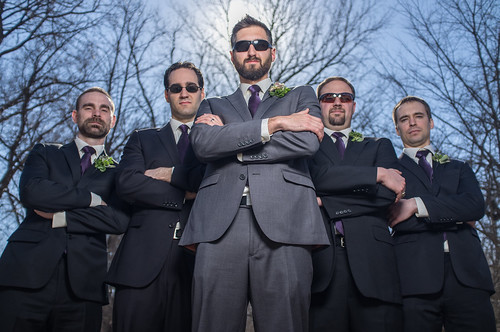Tories accused of using ‘mob rule’ claims to justify restricting protests
Mob Rule #MobRule

The Conservatives have been accused of exaggerated rhetoric to justify a crackdown on protest rights, amid a pushback by civil liberties groups, which accused Rishi Sunak of exaggerating the threat of “mob rule”.
MPs have recently shared details of their own experiences of facing death threats and abuse, and a £31m package to improve their safety has been unveiled by a Home Office minister, who described pro-Palestinian protesters as “thugs”.
However, there was deep unease at moves by the government to press the police not just to crack down on intimidation of MPs outside their homes but also to take a tougher line on demonstrations in public spaces, outside town halls, surgeries and parliament itself.
“It’s an increasingly desperate move for a party that has been in power for 14 years to complain of an alleged descent into mob rule,” said the Labour peer and former director of Liberty, Shami Shakrabarti, in response to language used by Sunak in a speech on Wednesday night.
“It’s also a bit of a cheek when senior rightwing Tories keep ramping up the rhetoric of racial, religious and political division,” she added, referring to comments by Lee Anderson, Suella Braverman and others.
Tom Southerden, Amnesty International UK’s law and human rights director, said: “Talk of ‘mob rule’ is extremely dangerous and detrimental to the rights of peaceful protest.
“Freedom of expression and assembly are absolutely fundamental rights in any free and fair society.”
As a new package of security measures was unveiled in parliament, the Labour MP Andrew Gwynne told of how he had been subject to death threats and at one stage his teenage daughter was physically escorted to and from sixth form college.
“I’ve got one live police investigation into harassment, one pending crown court case into death threats, and I’ve had to have physical security measures at my house – some of which I really didn’t want,” he added.
His colleague Stella Creasy said she wanted to debate with people and did “not want to live in a gilded cage”, adding: “I was told by the police that because I was a backbencher, my family were not covered and yet my family have been persistently targeted by people trying to intimidate me – from both left and right.”
The security minister, Tom Tugendhat, told MPs that the new funding meant Operation Bridger, which provides police support to MPs, was expanded to councillors, mayors and others who would have a named police officer contact.
Referring to protests last week as MPs took part in a vote on Gaza, he said: “Last Wednesday, demonstrators threatened to force parliament to lock its doors. What these thugs were actually asking us to do was to put our constituents second, and to bow to those who were shouting loudest.”
“That is more than a threat to us, it is a threat to the very democratic principles and values that define who we are as a country.”
However, Tugendhat was urged by the former shadow chancellor John McDonnell to be careful with the language he used about the pro-Palestine protests. He said there was a danger of a “distorted language” leading to conclusions that protest rights needed to be restricted. McDonnell appeared at a press conference on Wednesday in parliament alongside organisers of pro-Palestinian protests, who said they did not support demos outside MPs’ homes.
Labour’s frontbench is understood to be waiting to see the details of a new “democratic policing protocol” that the government wants senior police officers to sign up to, which would bring in wider restrictions. The shadow home secretary, Yvette Cooper, is on record as backing action against protests outside MPs’ homes.
Aside from McDonnell, some other Labour backbench MPs – including some facing threats – have spoken privately of their worries about the government clamping down on protests, saying how they had concerns about speaking out publicly for fear of being censured by their own party.
During a visit to a London synagogue on Thursday, the Prince of Wales said he condemned the rise in hatred directed against the country’s Jewish community, saying “antisemitism has no place in society”.
Speaking at Western Marble Arch synagogue, he said: “Well, you’ve heard it from me, antisemitism has no place in society, you’ve heard that from me OK – I’ve said that before and I’ll say it again.
“And hearing all … your lived experiences both Catherine and I are extremely concerned about the rise in antisemitism that you guys have talked about so eloquently this morning, and I’m just so sorry you’ve had to experience that, it has no place and it shouldn’t happen.
“So that’s why I’m here today to reassure you all that people do care, people do listen and we can’t let that keep going.”
The visit was a week after he called for the fighting in the Israel-Hamas war to end “as soon as possible” and for increased humanitarian support for Gaza, during a visit last week to the London headquarters of the British Red Cross.